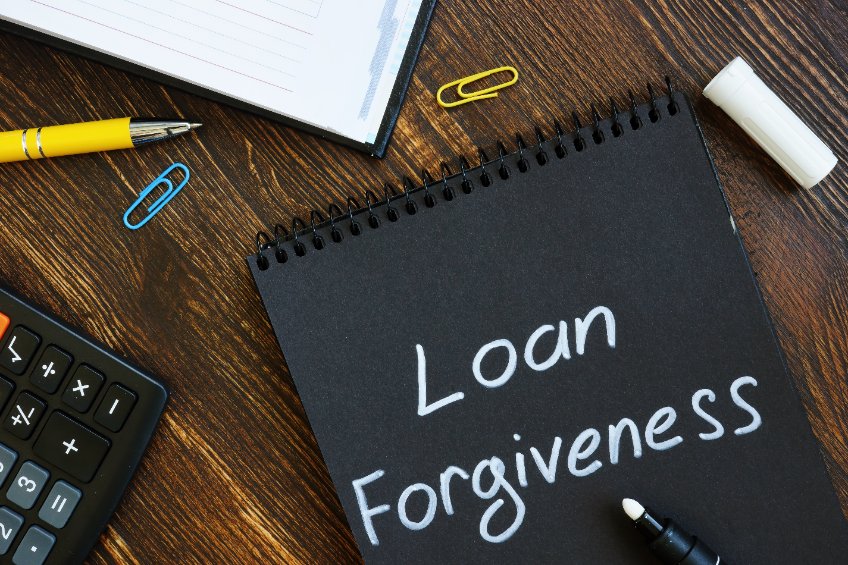As COVID-19 relief for small businesses fades away, about 1 million PPP loans remain unforgiven. Roughly 9% of businesses that received PPP loans haven’t filed for forgiveness. A handful who did were denied or are still awaiting an answer.
If you have a PPP loan, you should have either received forgiveness or started making payments on the loan by now. If not, chances are it’s considered a delinquent PPP loan and has been sold back to the U.S. Small Business Administration (SBA) from your lender. In short, the SBA likely now holds the lien on your loan. What then?
“I am not certain yet what those numbers will look like,” SBA Administrator Isabel Guzman told The Business Journals, but added, “We are going to see some defaults and businesses that aren’t around anymore.”
At the very least, a delinquent PPP loan can affect you as other loans do when you’re behind on payments: It can lower your credit score, prevent you from acquiring other loans or financing, and trigger costly penalties. After several months, the loan may go into default, which can have more severe repercussions including your assets being seized.
Very few loan recipients were turned down for any forgiveness but, experts note, there seems to be an uptick in denials in 2022. If you were denied or only received partial forgiveness and believe it was in error, you can request an SBA review of your loan. You only have 30 days from receiving notice to submit that request, however, so not many businesses still qualify for that path.
If you haven’t yet applied for forgiveness, there may be time to do so if yours was a second-draw PPP loan and the loan hasn’t yet reached its maturity date (first-draw loans—awarded before June 5, 2020—are no longer eligible). The loan is still considered delinquent if you haven’t started paying it back, though, because the deferral period for PPP loan payments has passed. In other words, at this point, payments toward the loan cannot wait for forgiveness. If you receive forgiveness for any amount already paid back, the SBA can arrange a refund.
Some small businesses that didn’t meet the criteria of forgiveness are choosing to keep and pay the loans off, which can be a viable option. The loans locked in an impressively low 1% interest rate, after all. The rate and repayment schedule also apply to unused funds that went unspent during the covered period and were not returned. And if you’re a first-round loan recipient with a two-year maturity term and are interested in changing your payment schedule, you may be able to renegotiate for the five-year term that second-round loan recipients received.
PPP is a genuine small business loan. Not respecting its terms and requirements can lead to trouble. If you have any questions remaining about your PPP loan forgiveness or repayment, now is the time to ask. Be sure to stay abreast of your loan status and seek out help from a financial professional if you’re faced with any confusion or surprises.

